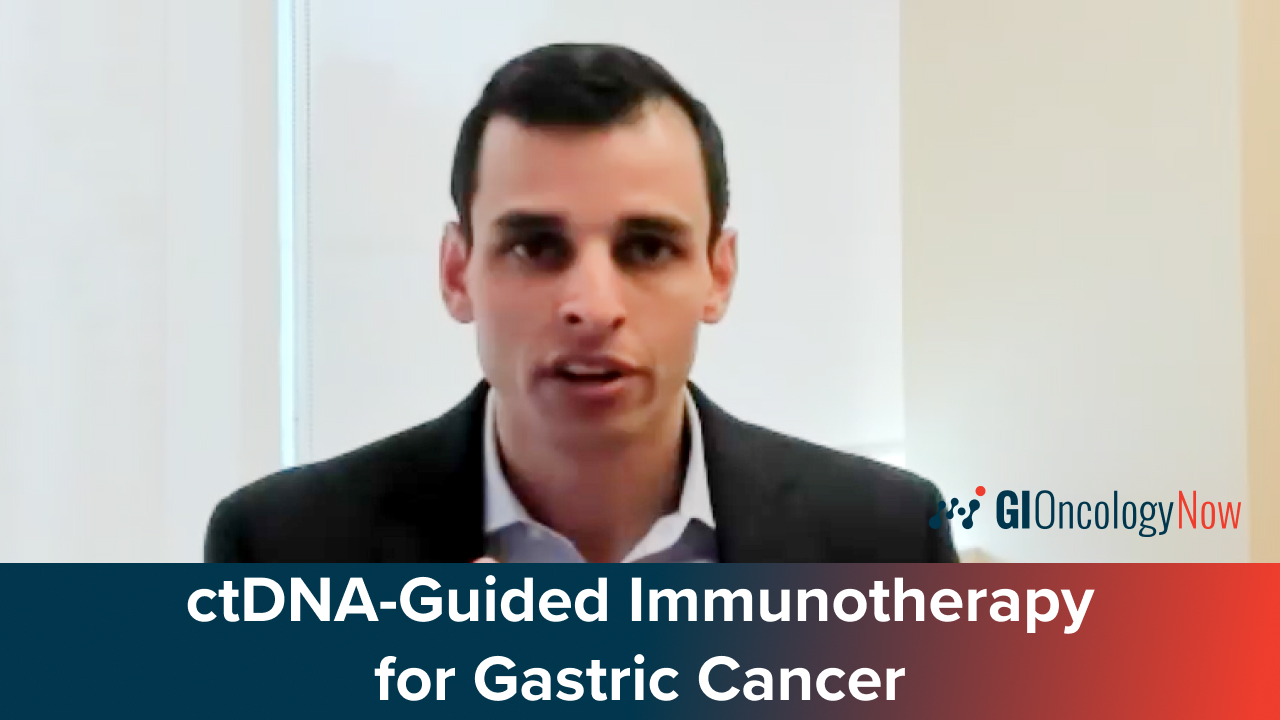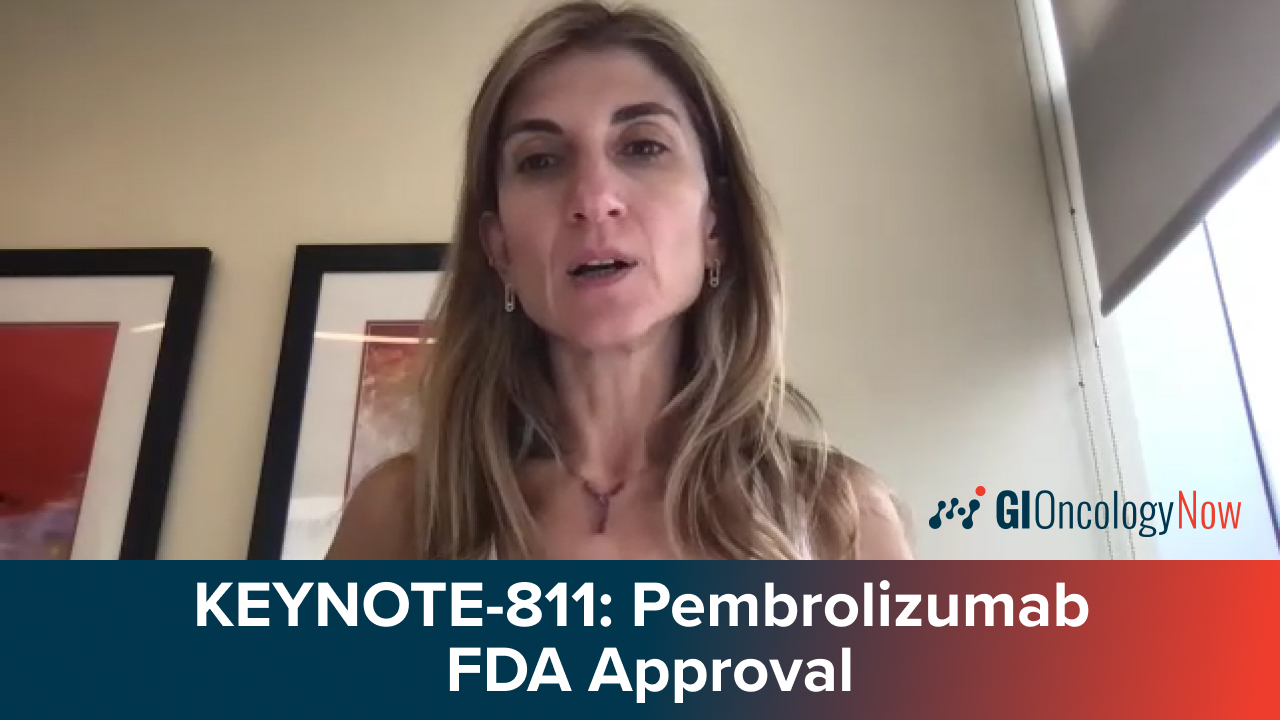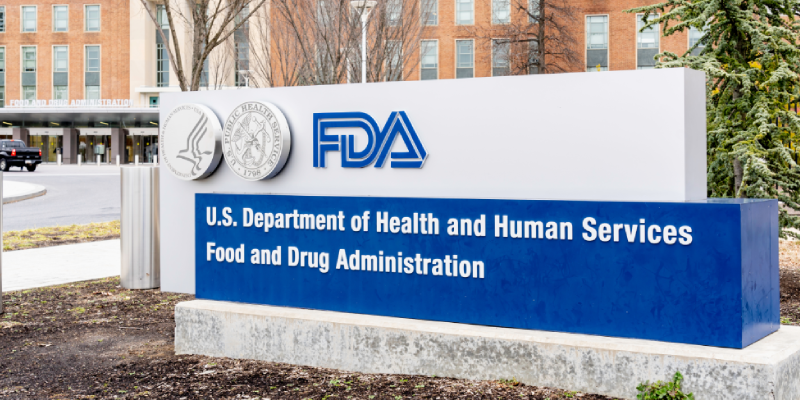
The standard of care (SOC) for operable locally advanced gastric cancer (GC) has traditionally consisted of surgery and adjuvant chemotherapy (SC), but data from the RESOLVE trial have recently shown that the use of neoadjuvant chemotherapy and surgery followed by adjuvant chemotherapy (CSC) can provide greater survival benefits. As a result, neoadjuvant chemotherapy (NAC) has been recommended for the treatment of gastric cancer.
Despite this, it is questionable if the benefit of NAC applies to all patients with locally advanced GC due to the heterogeneity of the disease. As the survival benefits of NAC are inconsistent, a recent study sought to determine how different tumor regression grades (TRG) impact the survival gains linked to treatment with NAC.
The outcomes of patients who underwent CSC and traditional SC were compared. Propensity score matching (PSM) was used to minimize potential biases from differences in baseline characteristics and intervention factors in the treatment groups. After PSM, the CSC cohort was stratified according to TRGs, while survival outcomes were compared to determine the effect of TRGs on survival gains linked to NAC.
Before PSM, a total of 291 patients were enrolled in the CSC cohort and 215 in the SC cohort. The CSC cohort had a lower three-year survival rate at 64.6% compared with the SC cohort at 76%. Patients in the CSC cohort who achieved pathological complete response (pCR, 12.1%, 26/215) had significantly improved three-year survival rates at 95.5%.
After PSM, a total of 110 patients were enrolled in each cohort. The three-year survival rate was similar between the CSC and SC cohorts at 68.3% and 63.6%, respectively. In the CSC cohort, 12.7% (14/110) of patients achieved pCR; the pCR subgroup had a three-year survival rate of 100%, and was the only subgroup in the CSC cohort to maintain a significantly improved survival rate compared to the SC cohort. Better tumor differentiation was linked to achieving pCR (P<.001).
Patients with locally advanced GC who achieved pCR after NAC had significantly better survival outcomes compared to other response groups, showing that tumor differentiation may be a predictor of pCR.






 © 2025 Mashup Media, LLC, a Formedics Property. All Rights Reserved.
© 2025 Mashup Media, LLC, a Formedics Property. All Rights Reserved.